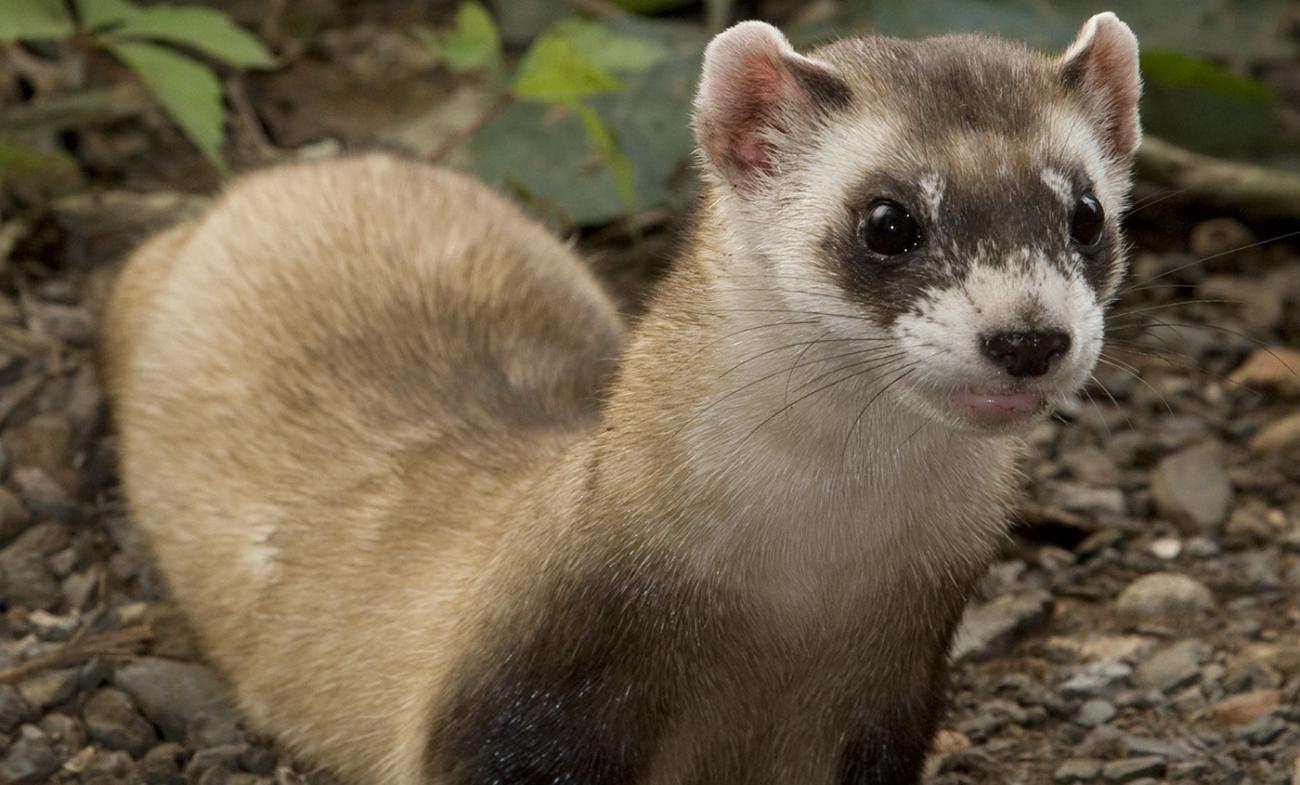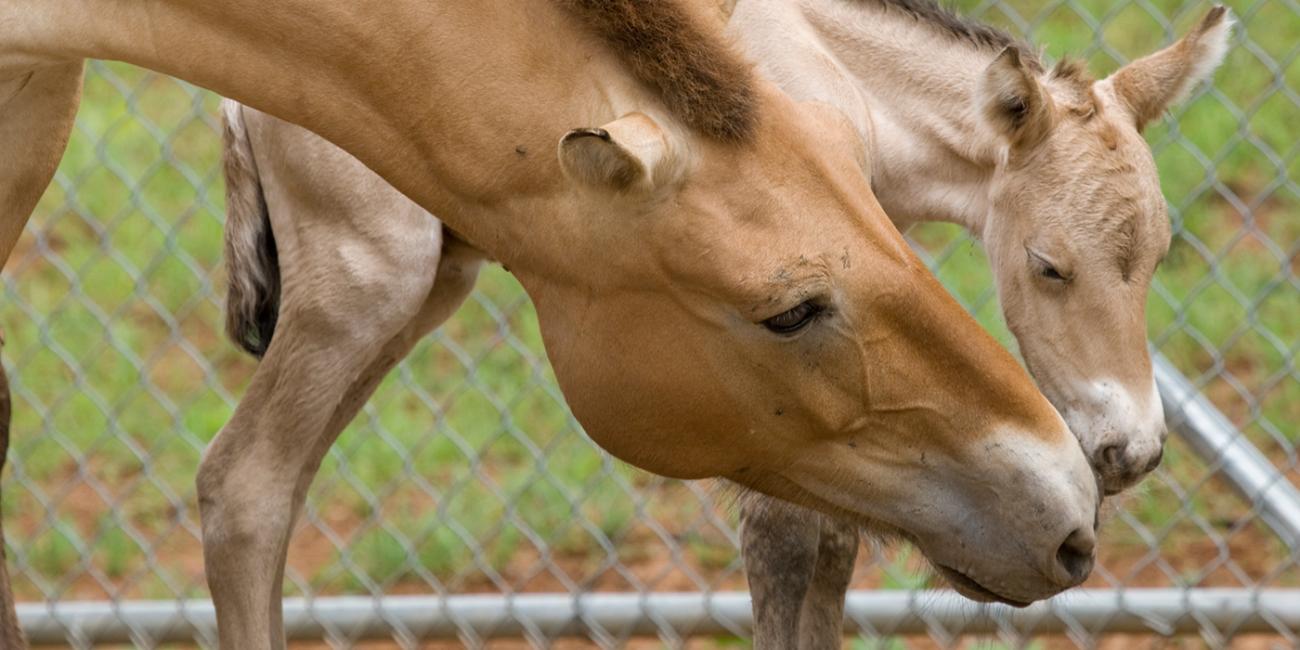Biography
Dr. Pierre Comizzoli has worked as a veterinarian in French Guyana and in the African Sahelo-Saharan region. He also has a master's degree from the University of Paris VI and a doctoral degree from the University of Tours on reproductive biotechnologies in bovine and deer species. During his doctoral studies, he described an original effect of the paternal component on early embryo development in both species, and produced in vitro the first transferable embryos in red deer and Japanese sika deer.
Dr. Comizzoli has been a staff scientist at the Smithsonian's National Zoo and Conservation Biology Institute since 2002. He develops new projects on gamete and gonadal tissue cryo-banking for rare and endangered species. His comparative research on fertility preservation in various wild and domestic animal species creates interesting bridges with human reproductive health and medicine.
Besides conducting research on cutting-edge approaches in fertility preservation and assisted reproduction, Dr. Comizzoli is also in charge of conservation projects on wild carnivores and ungulates in Northern Africa and in Southeast Asia. Dr. Comizzoli leads the Pan-Smithsonian Cryo-Initiative (PSCI) which aims to improve the management and use of biomaterial repositories within the entire Smithsonian. Since 2014, Dr. Comizzoli also works as a Senior Program Officer at the Office of the Under Secretary for Science and Research to develop pan-institutional efforts in One Health as well as in sustainability.
Research Interests
Reproductive physiology and biotechnologies in Ungulates and Carnivores (domestic and wild).
Multi-disciplinary research.




